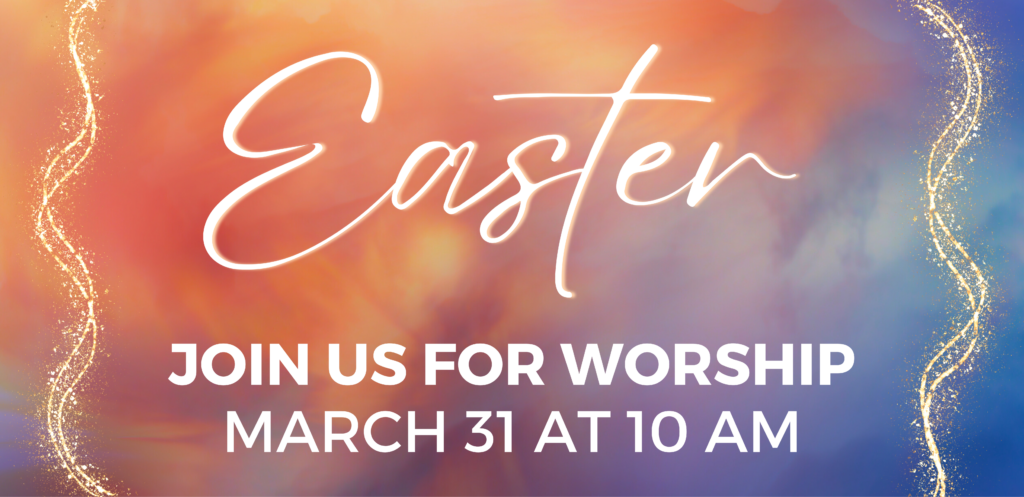Lent & Easter
Lent begins with Ash Wednesday
We will gather for Ash Wednesday on February 14 at 6:00 p.m. Traditionally, Ash Wednesday is a service of remembering our mortality. This is symbolized by the imposition of ashes on the forehead and the words, “you are dust and to dust you shall return.”
With all the pain, suffering, and loss we have witnessed this year, you might think that we do not need a reminder of human mortality. We see it every day. We have watched loved ones die and see strangers slaughtered on the nightly news. The impermanence of life is before us, despite our attempts to deny or ignore it.
As Trudy Goodman writes, “spiritual bravery is using the reality of impermanence to deepen our ability to savor the present moment, not to scare us away from it.” Yes, our bodies are composed of the dust of the earth and the stardust of the heavens, and yes, it is to there we shall return. So what shall we do with our precious lives now? How shall we live? How shall we love? Lent is a time of reflection – not on the mistakes we’ve made in the past year – but on the mindfulness that will lead us to embrace the gifts of this year. Ash Wednesday does not have to be a morbid service of death. It can be a reminder to live.
2024 Lent Carbon Reduction Calendar
Saint Paul UMC’s Climate Justice team presents their 2024 Lent Carbon Reduction Calendar with daily entries to provoke thought, promote mindfulness, and serve as a guide to action. Entries include tips for reducing energy consumption, local resources for going green, journal prompts to arouse thought about climate change, and even meatless recipes!
You can view the 2024 Lent Carbon Reduction Calendar on the Climate Justice page. From this page, you can download a digital version or print a physical copy. We are also offering these daily entries as Carbon Action text messages. To sign up for these daily messages, text ‘carbon’ to 97000.
Holy Week Worship
Palm Sunday – March 24
Worship at 10 a.m.
The Sunday before Easter is the last Sunday in Lent. Worship begins with a palm processional commemorating Jesus’ triumphal entry into Jerusalem thus it is called Palm Sunday. The first followers of Jesus in the first century were called people of The Way. As the service progresses, we follow Jesus on his last earthly week as he knows his death is near. Today, our culture often would rather deny our mortality; Jesus shows us The Way to live meaningfully and how to face death in life.
Maundy Thursday – March 28
Worship at 7 p.m.
The name comes from the Latin word “Maundatum” for “commandment.” On this night we gather at the table and share in Holy Communion. After the supper, Jesus spoke to his disciples saying, “I give you a new commandment; that you love one another”. The Way of Jesus is Love.
Good Friday – March 29
Worship at 7 p.m.
On Friday of Holy Week, we bear witness to the violence of this world and those who dedicate their lives to bring peace. In the story of his crucifixion, we see that The Way of Jesus does not match insult to insult. The way of Jesus is a non-violent response holding true to character and mission of love.

Our Easter celebration is a joyful celebration of the new life that arises from following the Way of Jesus. As we walk our paths of discipleship, we grow in forgiveness, grace and love. We discover our connection to all others and dismantle the falsehood of separation. The Way of Jesus brings union with God and all.
Easter Flowers
Place your order with Lora Sullivan by March 15.
You may place flowers in the sanctuary on Easter Sunday in honor, or in memory, of a loved one, a friend, or to express any gratitude. To order fill out a form and return to the church office or contact Lora at lsullivan@saintpaulumc.org or 402-477-6951. Please place your order by March 15.
Easter Egg Hunt
Easter Egg Hunt after Easter Worship on March 31 at 11 a.m.
Join in the fun of an Easter Egg Hunt immediately following worship on Easter Sunday. All children in 5th grade and under are invited to participate. The hunt will take place in the children’s classrooms on the second floor.
Lent & Easter FAQ's
Lent is a season of preparation leading up to Easter. It is the forty days before Easter, not including the six Sundays. For centuries, it has been observed as a special time of self examination and penitence. Lent is a time for concentration on fundamental values and priorities, and is not a time for self punishment.
The custom is to mark the season of Lent by giving up some things and taking on others. Both can serve to mark the season as a holy time of preparation. Some examples of things people give up for Lent include sweets, meat for all or some meals, caffeine, and alcohol. In most cases, giving up something for Lent can be made more meaningful by using the money or time for another purpose. For example, meal times on fast days could be spent in prayer. Another example is that if you give up meat during Lent, the extra money that would go to meat dishes can be given to a group, such as World Vision, which works to end hunger worldwide. Some things added during Lent are daily Bible reading, fasting, times of prayer, taking a course of study related in some way to spirituality. Note: Sundays are celebrations of Christ in our midst and are always an appropriate day to lessen the restrictions of Lent.
This is actually the day before Lent begins. The day is named for the “shriving” or confessing that was traditional on this day before beginning Lent. This day is also known as Mardi Gras, or Fat Tuesday,. because it was a time for eating the things from which one would abstain during Lent. Pancake suppers are traditional as they were a way of using up some of the ingredients not needed during Lent.
The first day of Lent is marked with a special liturgy. The theme for the day, though not for all of Lent, is our mortality. This is symbolized by the imposition of ashes on the forehead, with the words, “You are dust and to dust you shall return”. In the Old Testament, ashes were a sign of penitence (feeling regretful at offenses) and mourning.
This Sunday before Easter is the last Sunday in Lent. The day commemorates Jesus’ triumphal entry into Jerusalem. The day is also marked by sometimes reading the story of Jesus’ passion (the word used to describe Jesus’ death comes from ”suffering” which is one old meaning of passion). Some of the Palm Sunday palms are kept and used to make the Ash Wednesday ashes for the next year.
This is the Thursday in Holy Week (the week leading up to Easter). The day is a time for remembering The Last Supper. The name comes from the Latin word “Maundatum” for “commandment” as Jesus said, “I give you a new commandment; that you love one another”. At the conclusion of this service, altars are stripped of any ornamentation and crosses are removed or veiled to mark the solemness of the occasion.
The Friday in Holy Week is a time for remembering Jesus’ death. This is the second day of special observance for which fasting is recommended. One should use discretion in decided how best to observe this day. There is no celebration of Communion from Maundy Thursday until the Easter Vigil on early Sunday.
Easter is one of the principal holidays of Christianity. It marks the Resurrection of Jesus three days after his death by crucifixion. Easter is the joyful end to the Lenten season.

